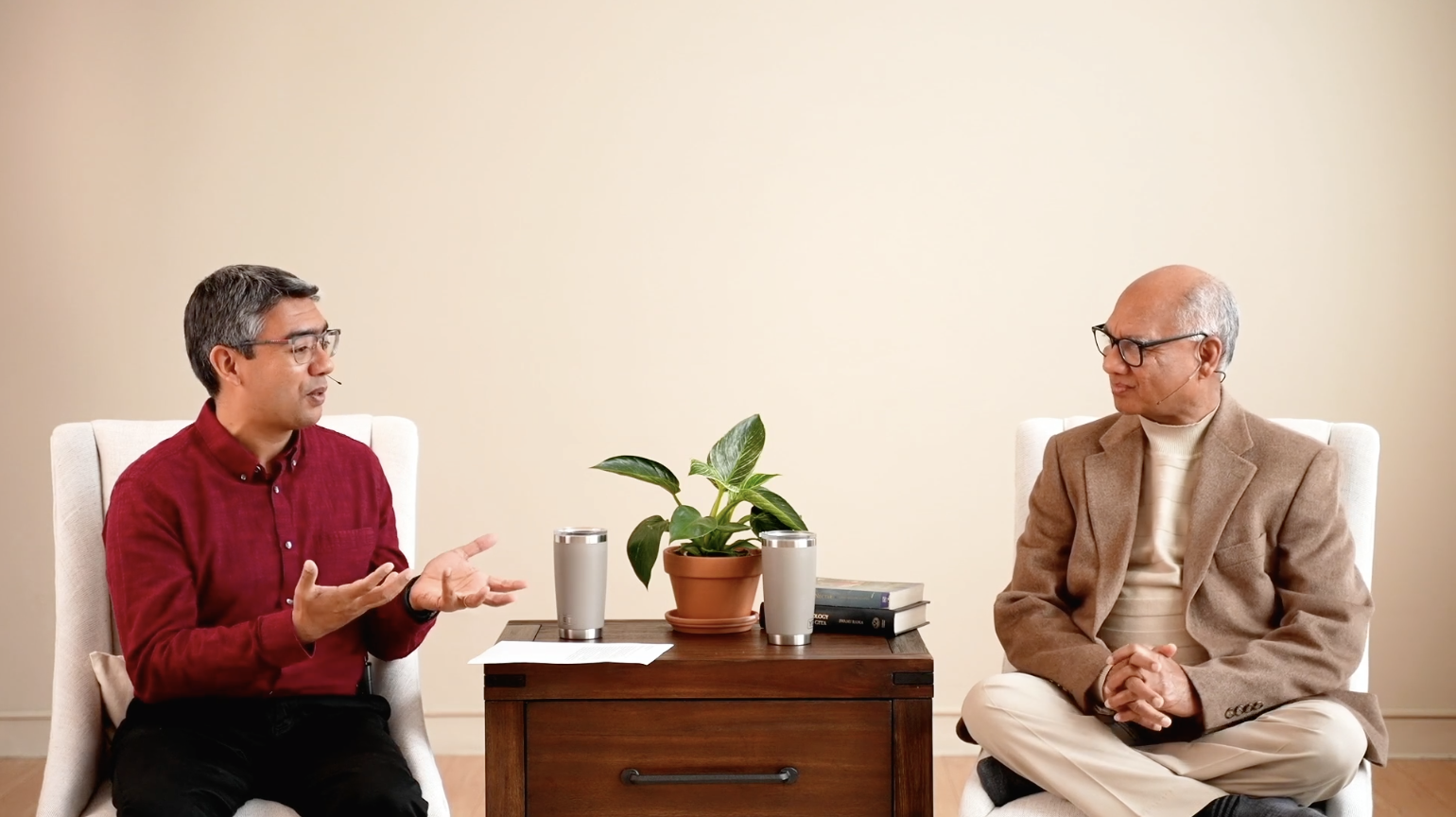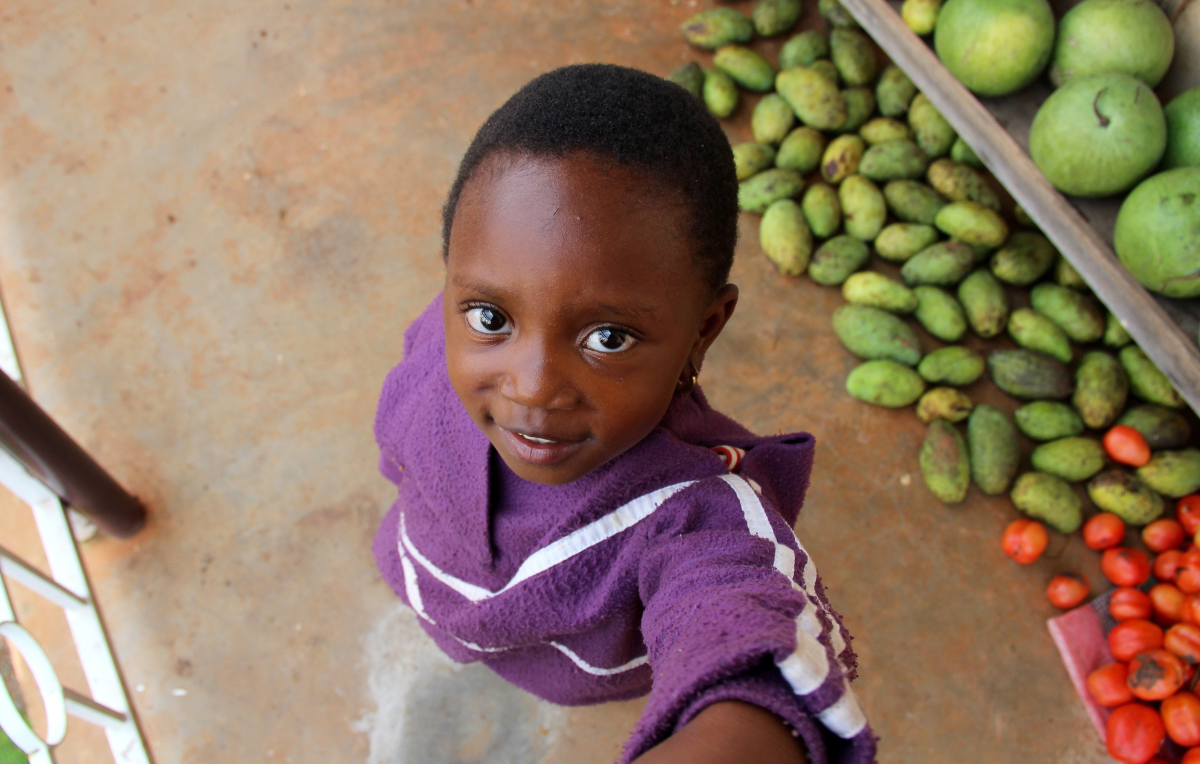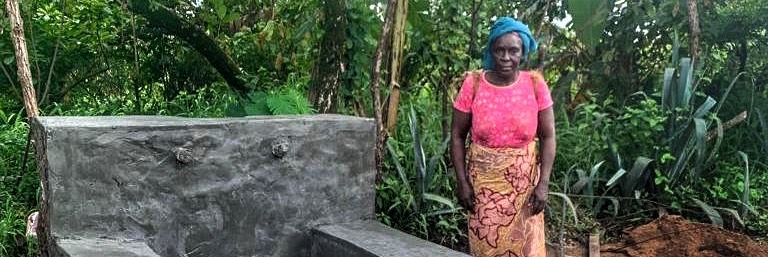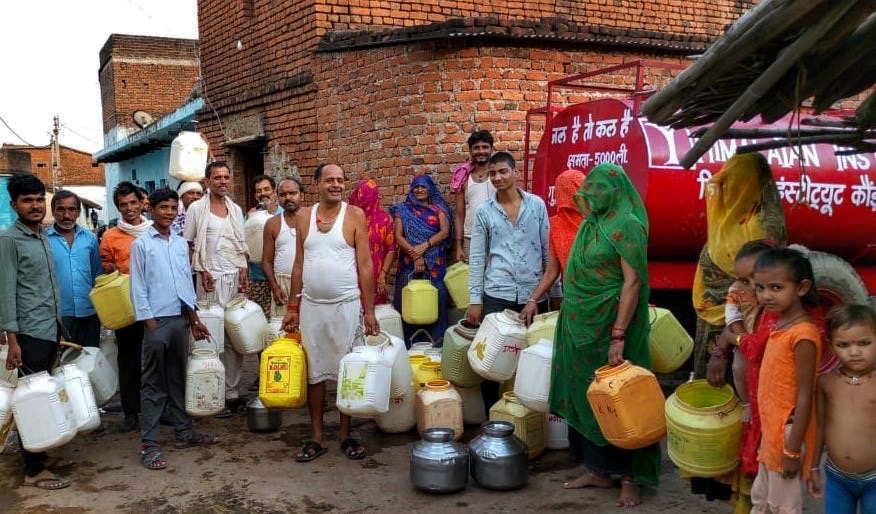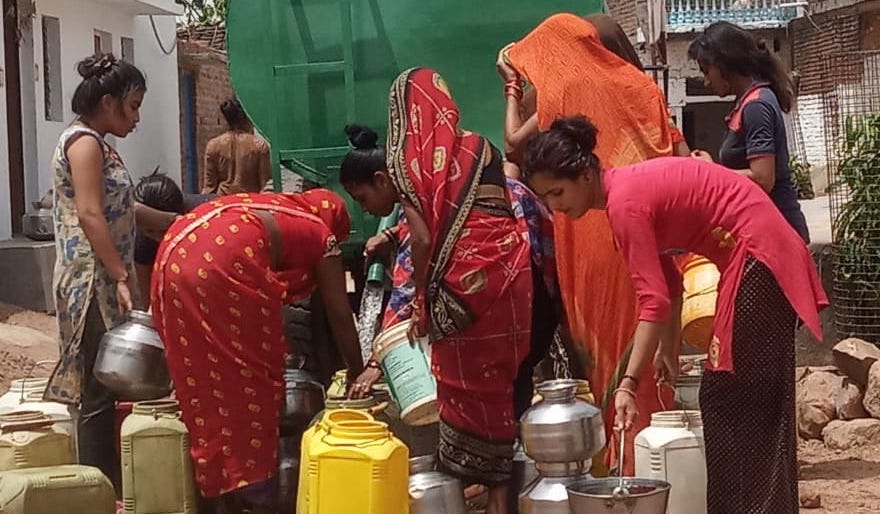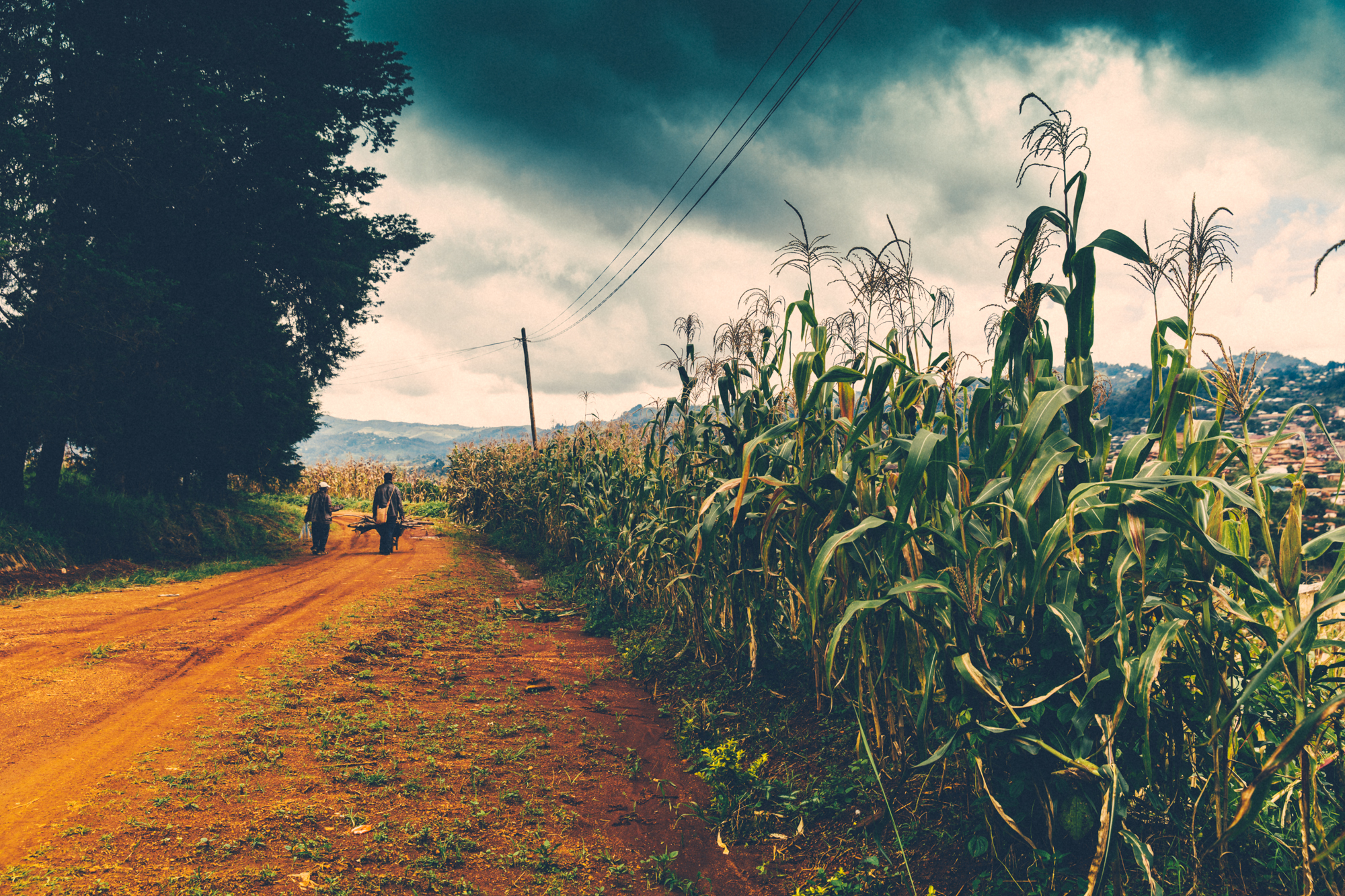
Photo By: DJ Pierce
As many of you may already know, Cameroon is struggling with political instability and civil unrest. Since there are many articles and headlines being released on a daily basis, it can be difficult to deduce what is actually going on, and what sources of information can be trusted. We want to provide an unbiased, factual look at the origins of the conflict and how it affects our humanitarian and development work in Northwest Cameroon.
The conflict is primarily between the English-speaking Northwest and Southwest regions of the country and the French-speaking majority region of the country, and the roots of this conflict go back to the early 1900s. Cameroon was originally colonized by Germany, but after WWI it was divided into French (80%) and British (20%) controlled regions. Each of the regions separately gained their independence—with the French-speaking region gaining independence in 1960 and the English-speaking regions gaining independence in 1961 after a referendum that divided them between Nigeria and Cameroon. These two regions then unified as one country to form the United Republic of Cameroon in 1972. Even though there was a national referendum to vote on the unification of the country, many people in the Northwest and Southwest anglophone regions still felt repressed by the majority French-speaking population. This is where the root of the problem comes from — a unified country with two fundamentally different regions.
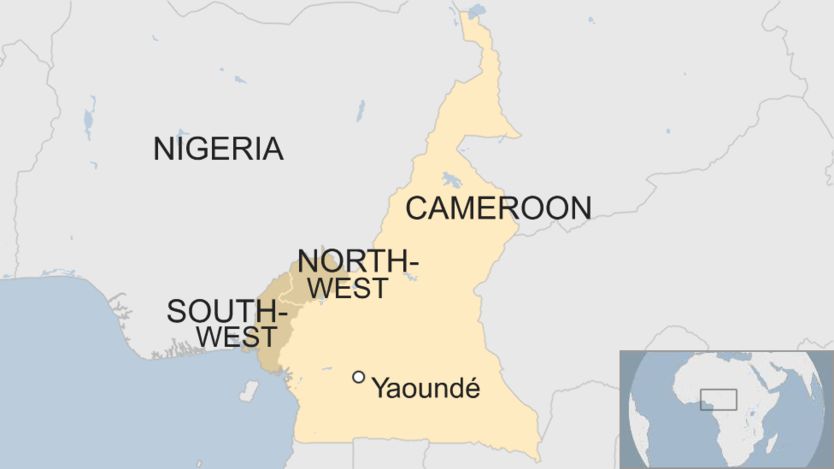
Image Source: BBC
Some of the grievances from the English-speaking Northwest and Southwest regions are that most of the jobs and government positions were favored for French-speaking citizens, along with priority for education, roads, and healthcare. Flash forward to 2016, when the conflict began to escalate. Teachers, lawyers, and students began to protest the use of French in courtrooms and schools. These protesters clashed with security forces, and hundreds were arrested and 6 were killed (Source: Reuters).
This initial event grew into violence and anger on both sides — one side being a separatist movement in the English-speaking region fighting for independence, and the other side being the government of the Republic of Cameroon that opposes the separation of the Northwest and Southwest regions. Recently the disputes have been escalating, and more unrest and instability is being seen.
Many of the casualties from this conflict are civilians, who are just trying to go about their daily lives and happen to be in the wrong place at the wrong time — a pattern we see in almost all wars and conflicts around the world. BBC estimates that 21,000 Cameroonians have fled across the border to Nigeria, and 160,000 are internally displaced within Cameroon.
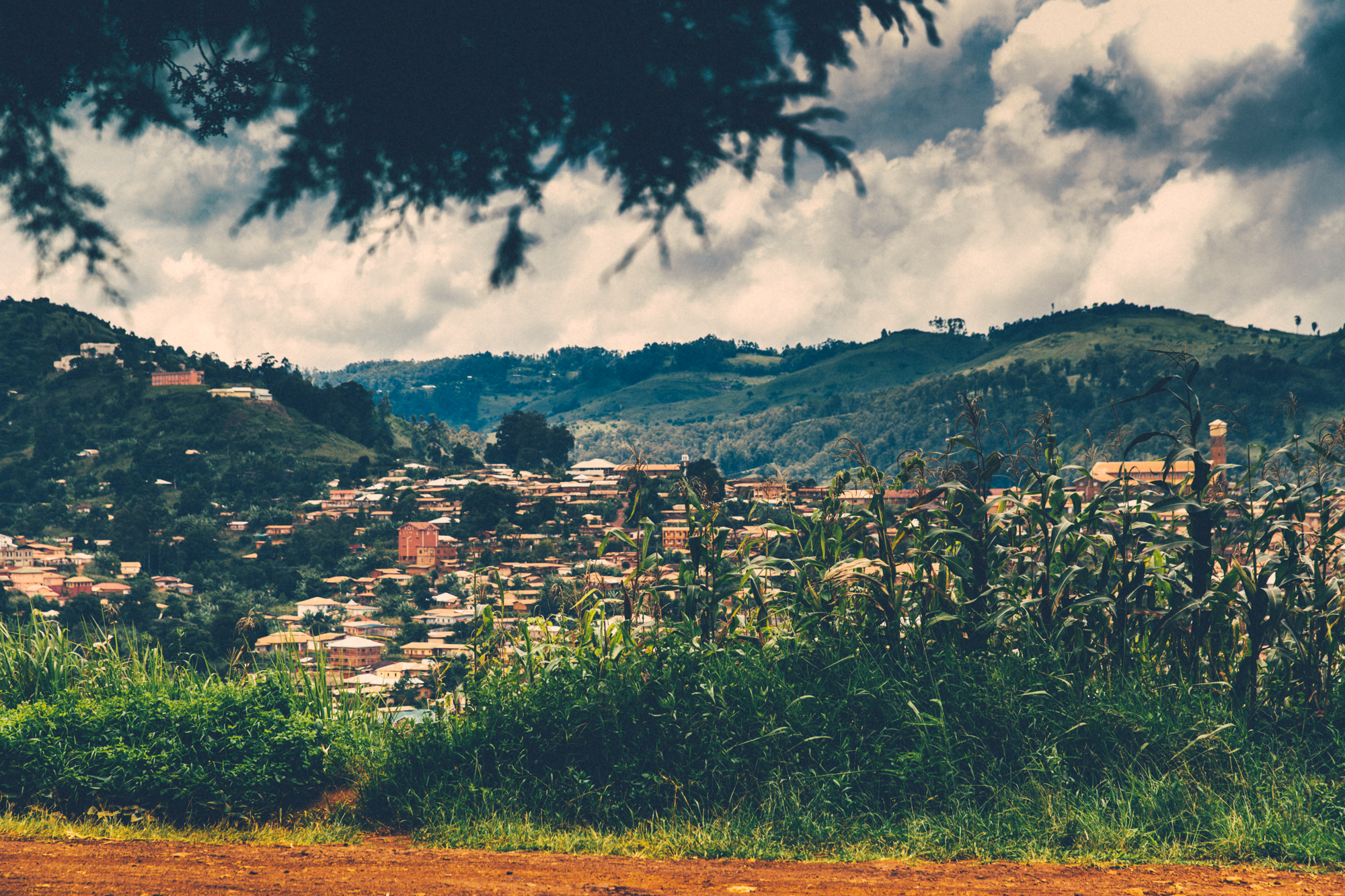
Photo By: DJ Pierce
You may be wondering how this affects the Himalayan Institute’s work in Cameroon, and that is a great question. We sat down with Jeff Abella, director of the Himalayan Institute’s global humanitarian projects, to learn more about how our humanitarian initiatives will be affected.
1. Question: How does this affect Himalayan Institute Cameroon’s centers and initiatives in Kumbo and the Northwest Region?
Answer: We have to be mindful and cautious of our surroundings, the political tensions, and instability while maintaining a really clear focus on our work, which is community-centric. This hasn’t changed, and it never will. We continue to operate our programs and serve our beneficiaries like we always have, while staying neutral to the political divide.
2. Question: What will donor monetary gifts be used for in this time of crisis?
Answer: All monetary donations will be put toward continuing to accelerate the growth of our programs and their impact. We’re not slowing down and we need your help to continue our time-tested model of community development in this time of conflict through women’s empowerment, public libraries, health services, and vocational training.
3. Question: What is the best way our donors and followers can help?
Answer: You can help by supporting our annual fundraising campaign — either by donating or by starting your own campaign to get your community aware and involved. You can also provide ongoing volunteer technical support to our U.S. office by reaching out when you think your skill set and experience could be utilized by our office and programs — fundraising, branding, carpentry skills, librarian experience, health professional, etc. We would love to partner with you to continue our vital community development work.
4. Question: Where can our donors and followers access the most accurate information and updates regarding the conflict?
Answer: Email us directly at [email protected] with any questions you have. We will be posting updates on the civil unrest and political instability, and about our intentions and successes as we continue with our current programs.
The Himalayan Institute does not condone violence of any kind, and urges both sides to come to a peaceful solution. We are not aligned with any one group, and want to remain a neutral pillar of the community.
We will continue to provide support through our programs that have been serving the same community for the past 11 years. These programs are needed now more than ever, and we encourage you to continue your commitment to our initiatives. We will continue to provide hope and stability in a time of conflict, and will continue to be a safe place for children and families to learn and grow.
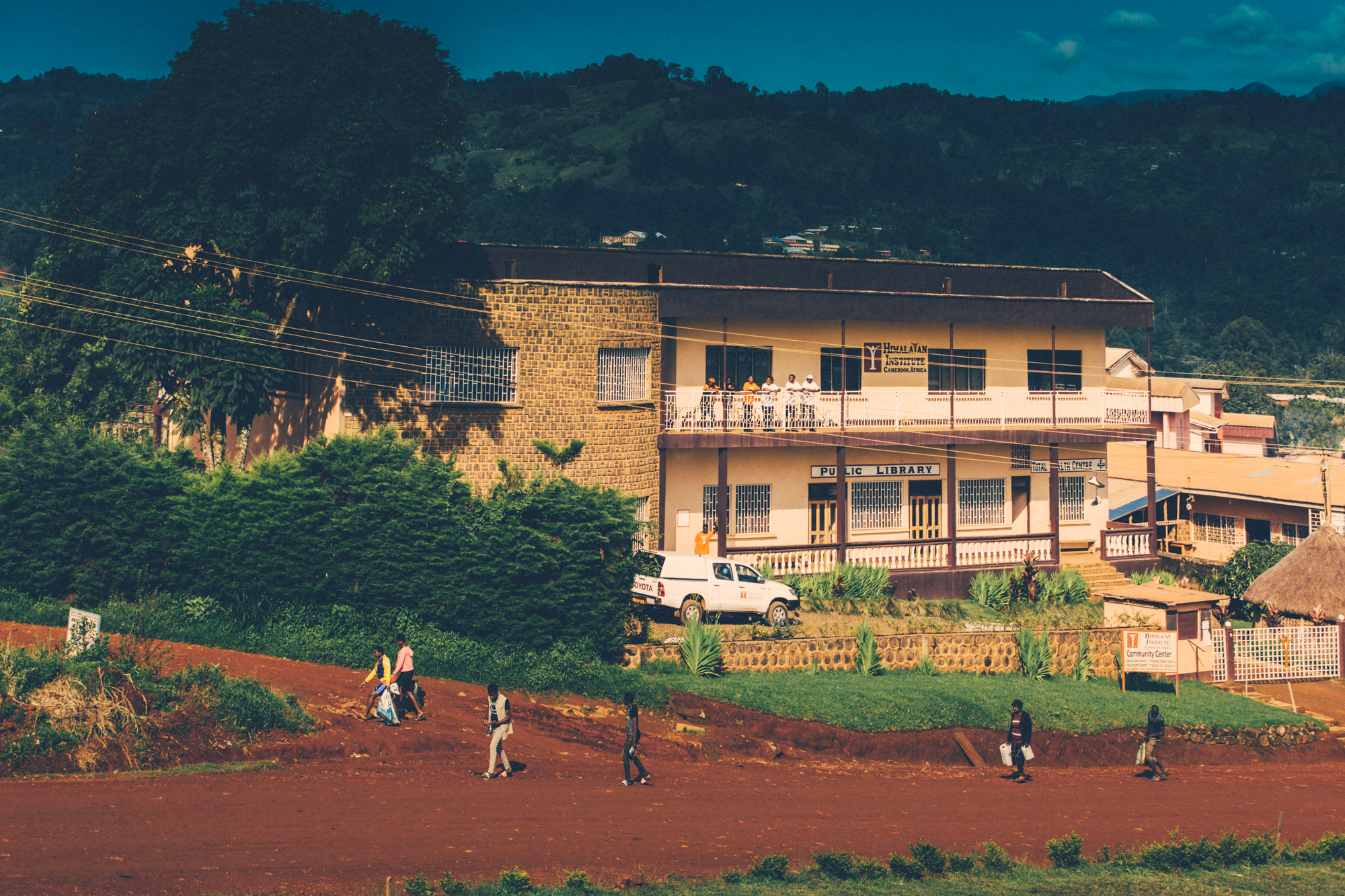
Photo By: DJ Pierce
